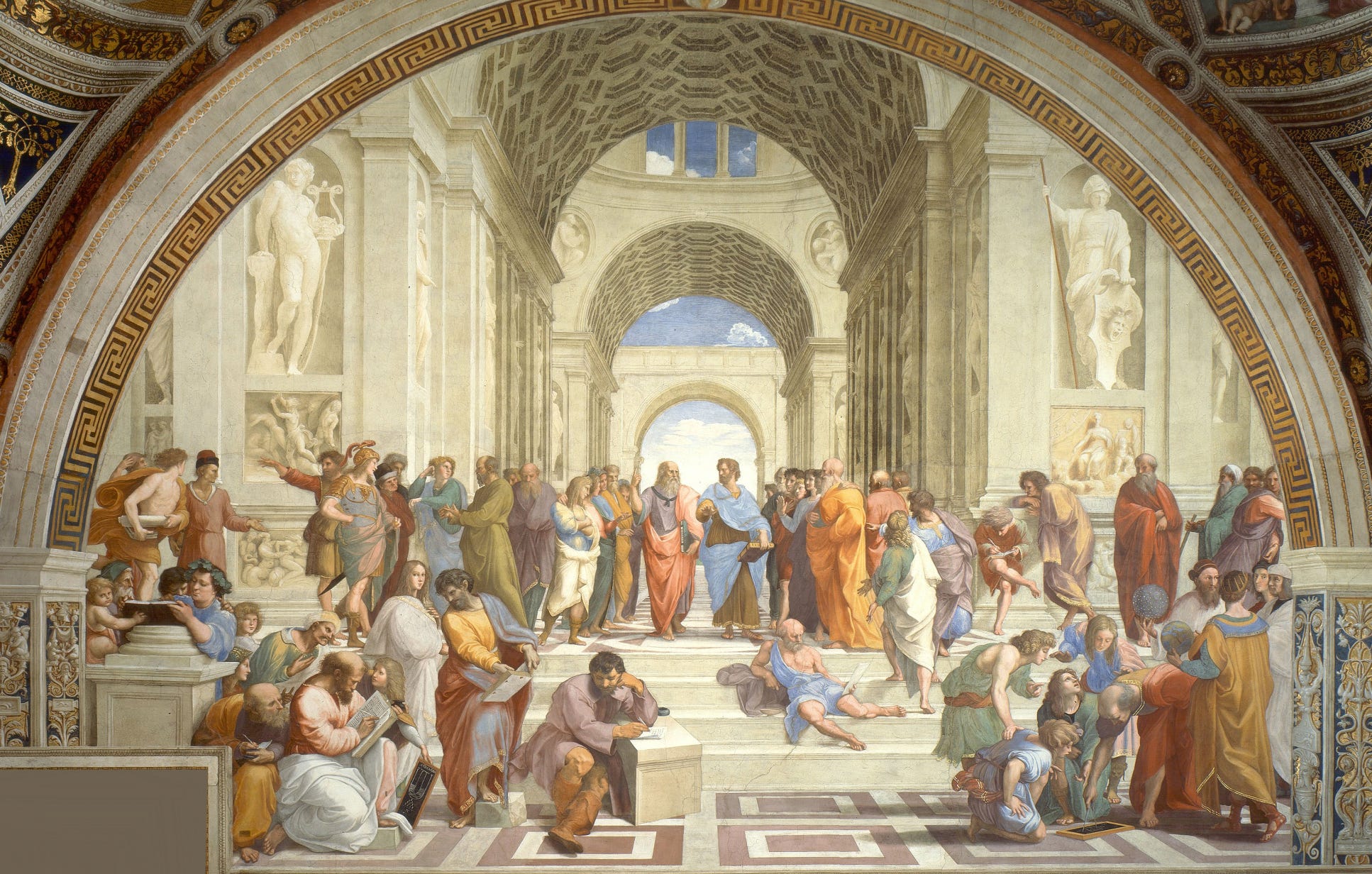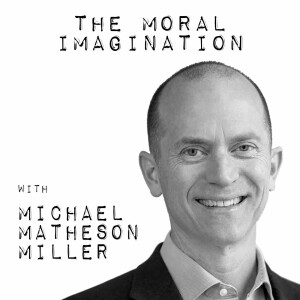
Ep. 45 Paul McLaughlin PsyD, Mark R. McMinn PhD: Can Wisdom be Cultivated?
 2022-09-21
2022-09-21
In this episode I speak with two psychologists, Paul McLaughlin PsyD and Mark R. McMinn PhD, about their book A Time for Wisdom. The provide a unique perspective by examining wisdom from a psychological viewpoint.
They divide it into 4 categories, both to explain and provide a guide to develop wisdom in our lives.
Knowledge
-
Factual Knowledge,Know-How, self-knowledge and what they call “Enriched Knowledge,” the core of wisdom.
Detachment
-
Not only from material things, but from ideas and ideology. Detachment enables mental freedom, strengthens our capacity grieve, and is the bridge between knowledge and tranquility
Tranquility
-
Not apathy, but shifting our inner equilibrium, and helps us regulate our emotions
-
Tranquility helps us to cultivate awe, gratitude, peace, and what C.S. Lewis calls “reasonable emotions.”
Transcendence
-
Ability to go beyond ourselves and avoid the temptation to individualism
We discuss a number of themes including:
-
Is wisdom a state or a trait? Can it be developed? Is it domain dependent?
-
The tension between solidity and fluidity, between rigid thinking and relativism. How do we keep our minds open and not fall into what Benedict XVI has called the “dictatorship of relativism.”
-
The positive and negative parts of Jordan Peterson’s idea about exploring our dark side compared to mystical Catholic writers
-
Psychedelics as ersatz religion
-
You are not every thought you have
-
Anxiety
-
Obsessive Compulsive thoughts
-
Forgiveness and the goodness of being
-
Positive psychology
-
Narcisism
-
Mike Tyson’s theory that “everyone has a plan until they get punched in the face.”
-
How to think about increases anxiety and depression
-
My critique of the Individualism / Collectivism dichotomy
-
Tocqueville’s analysis of individualism and centralization
-
Can you measure wisdom?
-
Does wisdom increase over time?
-
Aristotle’s concept of phronesis
-
Gnosticism and Materialism as an obstacles to wisdom
-
Teleology — ends and purposes. Aristotle — the human person has an end and purpose to give you self direction
-
Transcendentals — goodness, truth, beauty
-
How suffering and sitting with people who suffer helps us grow in wisdom
-
The tension between holding onto your deeply held beliefs and yet remaining open to new ideas
-
Confirmation Bias vs. Epistemic Humility
Related Podcasts
James Madden Podcast, Embodied and Embedded Persons
James Poulos: Digital Politics and Spiritual War
Carlo Lancellotti: Augusto Del Noce and the shift to pure bourgeois
Jaron Lanier on Technology and Behavior Modification
Luke Burgis on Mimetic Desire, Rene Girard, and commercial society
Get full access to The Moral Imagination - Michael Matheson Miller at www.themoralimagination.com/subscribe
More Episodes
Create your
podcast in
minutes
- Full-featured podcast site
- Unlimited storage and bandwidth
- Comprehensive podcast stats
- Distribute to Apple Podcasts, Spotify, and more
- Make money with your podcast
It is Free
- Privacy Policy
- Cookie Policy
- Terms of Use
- Consent Preferences
- Copyright © 2015-2024 Podbean.com






